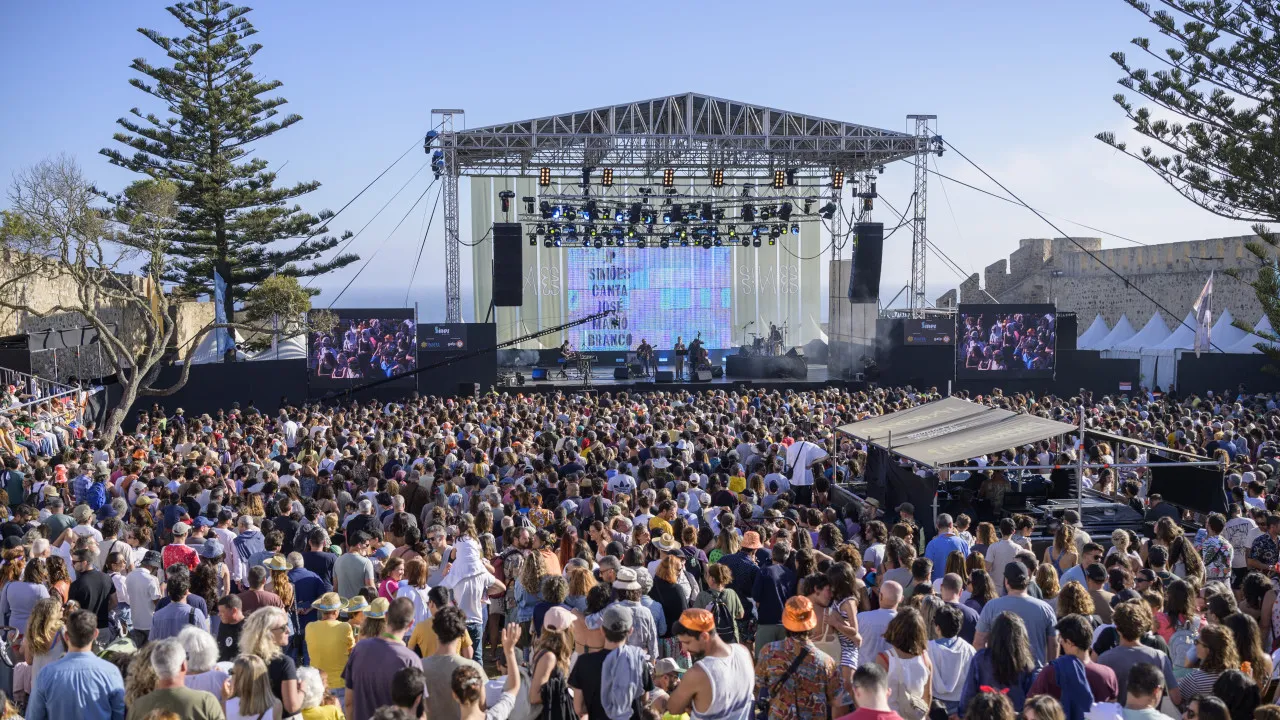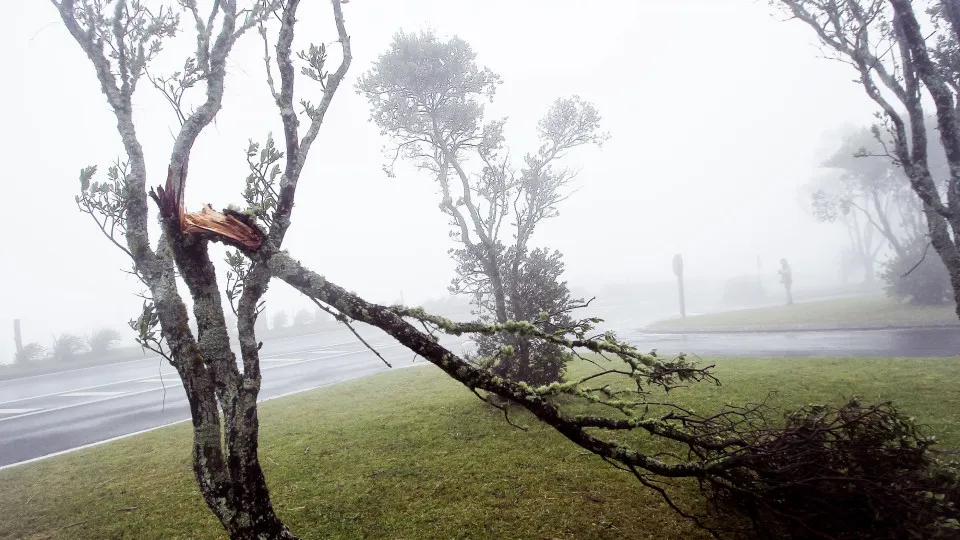
“We once again hope to welcome those who know how to listen, who know how to listen to others, because there are those who only listen to the echo of their own voice,” stated Carlos Seixas in a phone interview, ahead of the 25th edition of the FMM, which returns to the Alentejo coast from July 18 to 26.
The festival, he highlights, “stands out as a space of encounters, diversity, discovery, and celebration of cultures.”
A quarter of a century later, Carlos Seixas wishes that the FMM maintains “its essence, its values” in the current “context of political, economic, and social pressures.”
For the director, it is important that the festival “prioritizes the well-being of the community, doesn’t establish rigid boundaries, and continues to recognize the connection between art, politics, activism, entertainment, and fundamentally, also helps to build cultural bridges, which are much needed at this moment.”
Recognizing the challenges in bringing musicians from diverse and conflict-prone regions— such as from Palestine (Tamer Nagar performs on Saturday at 10:45 PM, and the band 47Soul, which also includes musicians from Jordan, plays on the last day at 12:45 AM) — Carlos Seixas likes to recall that the festival does not have headliners but ends up highlighting some appearances: Bonga (Angola), Youssou N’Dour (Senegal), Julieta Venegas (Mexico), and the tribute concert to Jamaican Max Romeo, who was scheduled for the festival but passed away in April.
Among the most renowned names in world music are Rokia Traoré (Mali), who appears for the third time, Orchestra Baobab (Senegal), and The Mystery of the Bulgarian Voices (Bulgaria).
During the festival’s nine days (three in Porto Covo and the rest in Sines), there will be 49 concerts by artists from 34 countries, with debuts from Bolivia, Gabon, Guatemala, Jordan, Indonesia (Java), and Somaliland (a state seeking recognition).
As usual, there will be a significant presence of artists from Portuguese-speaking countries, such as Nação Zumbi, Bia Ferreira, Luca Argel, and Gabriele Leite from Brazil; Roberto Chitsonzo from Mozambique; Fábio Ramos, Fidjus Codé Di Dona, and Fidju Kitxora from Cape Verde; Umafricana from Guinea-Bissau; and the previously mentioned Bonga from Angola.
The FMM will remember “the party that was and is” the independence of former colonies, promises Carlos Seixas.
Ana Lua Caiano, Lena d’Água, Capicua, Miss Universo, and Bateu Matou will represent Portugal at the FMM.
The Iranian musician Kamakan was in the program but ultimately couldn’t come due to the “geopolitical situation in Iran.”
The FMM is not just concerts; “there are also parallel activities,” including exhibitions, debates, workshops, a book, record and poster fair, presentation of literary works, storytelling, and workshops for children.
Carlos Seixas highlights the debates, “which are fundamental” and will discuss immigration, liberation, and independence, along with the exhibition “Balumuka! – Poetic Narrative of Liberation… or still, Poetic Rebellion Kaluanda,” curated by Kiluanji Kia Henda and André Cunha.
Inaugurated on the 12th, the exhibition showcases the work of contemporary Angolan artists, such as Luaty Beirão and Zezé Gamboa.
The World Music Festival is uniquely organized solely by the Municipality of Sines (though it has a commercial sponsor).
Questioned about whether this represents a risk in the context of potential municipal change in the October elections, after which the current mayor (PS) cannot run again, Carlos Seixas recalled that “the FMM has always been at risk, given the existing pressures.”
“It has this unique character of being a festival with so many years that has always been maintained by local power and the council [led by the PCP when the festival was created]. And the council is completely committed to this project,” he notes.
“The future will tell” what will happen to the FMM, but “at this moment the world itself is at risk, let alone a festival,” remarks the director, preferring to highlight the “wind of happiness and, at the same time, freedom that a festival of this nature exerts on a large audience and on the community that always remarkably welcomes people who come from outside.”
With the motto “Music with a spirit of adventure,” the FMM won the EFFE Award 2017, given by the European Festivals Association and, between 2016 and 2024, received 14 Iberian Festival Awards, eight Iberian and six national.




